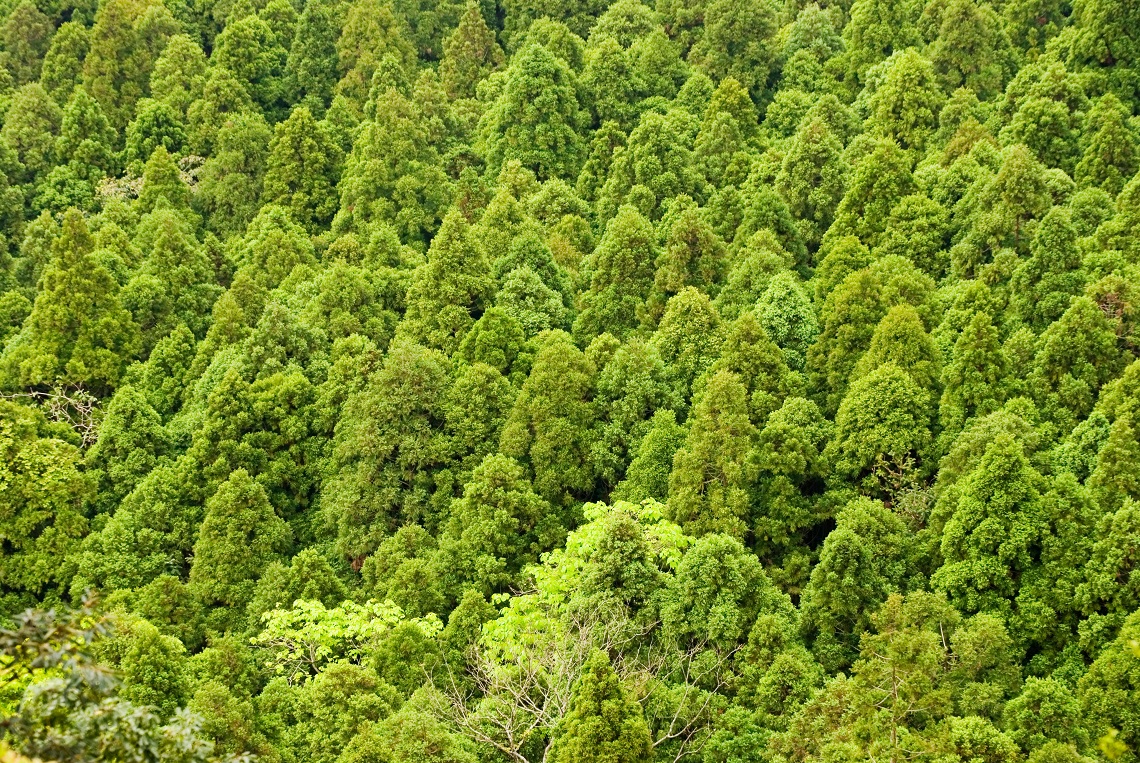Di Giacomo Mario Menegola
Nearly a third of Earth’s land is covered in forests and a quarter of these are located throughout all of Europe and the Russian Federation. This is just a small fraction of the plant biosphere, which every second, all around the world makes sure life can still exist on this planet. Still, every year since 1990 we lost on average about 5.9 million hectares of forest worldwide.
Our story begins around three and a half billion years ago, when cyanobacteria and the first algae start producing oxygen as a waste product of photosynthesis: this creates a buildup of the gas in the atmosphere that up until now has permitted the evolution and rise of animal life throughout sea and land and has also kept global temperature from changing enough to wipe out all life on earth. Of course, there have been some incidents along the way, such as the Late Devonian extinction, or Kellwasser event, caused by an excessive buildup of the oxygen produced by plants as they colonized land, which lowered global temperature causing a glacial period that led about 82% of all species to extinction.
This is just a mere demonstration of how much influence plants have on all life, but we keep taking and taking from them and often give nothing back: deforestation is a plague that since 1990 took about 420 million hectares worth of forest away. However, evidence shows that in the last five year period deforestation rate has decreased by about 17% compared to 2010-2015 period, and by 37.5% compared to 1990-2000 period, thus showing that we can and we do learn from our mistakes and that we’re fixing them: in fact, data shows that in some parts of the world forests are growing larger and larger again.
But the story isn’t over yet: human relationship with plants is a lot more complex than deforestation: in fact, what would it be of humankind if we didn’t develop agriculture? Nothing! Every great civilization, from ancient to modern ones, is based on agriculture, and the most part of the others need exchange with these to survive. Good examples of how much agriculture is important to humans are all of the archeological findings about it: irrigation systems, agricultural tools, even cities, which the main to be founded was claiming more land for agriculture, and many more.
Not only humankind survives thanks to plants, but also every other animal and a good part of bacteria. Without them almost every living thing wouldn’t exist and our planet would be much, much more different. We, as intelligent and conscious beings, not only must, but need to respect and protect plants and their environment, all because we and Earth most need them.
